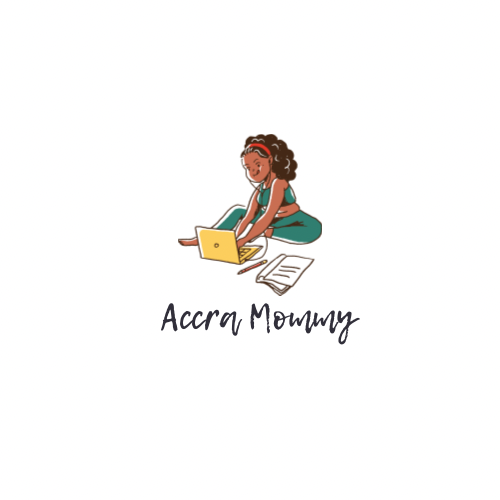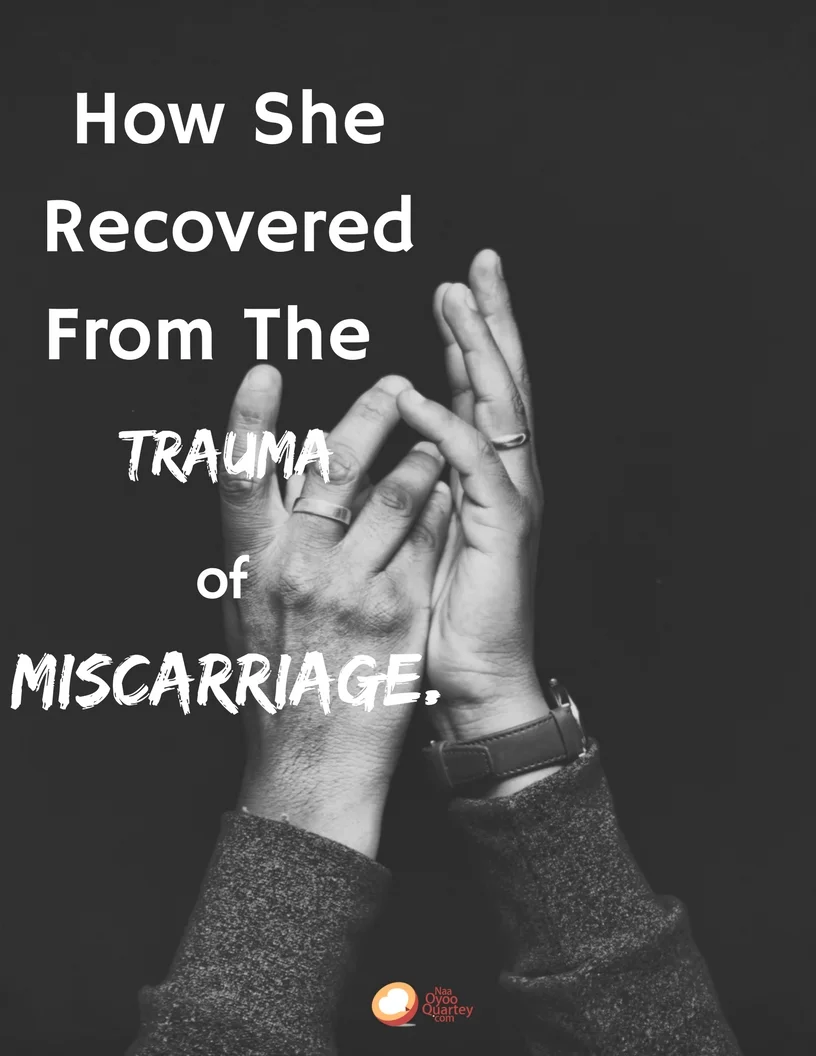The Significance of Items on The Ghanaian Bride Price List
Bride price. A price a groom should be prepared to pay if he has intended to marry a certain young woman on whom he had set his sights on ever since they started dating.
In Ghana, it forms a key part of the traditional wedding ceremony where the groom presents money, property or some form of wealth to the brides family in exchange for the loss of her labour and all that she has to offer.
Over the years, bride price has changed / evolved from family to family. There are some commonalities, which can be found in most families. Have you stopped to wonder what each bride price item really means? I am referring to the more traditional items and not the iPads and laptops demanded by some families. I had a chat with one of my Aunties to find out exactly what goes into the bride price for our family (GA by the way) and according to her this was the list presented to my cousin who was getting married then to a Fante man. The list differs from tribe to tribe in Ghana.
Schnapps
This is a traditional drink, which is meant to ask permission before speaking to an elderly person in the brides house. The grooms family knocks the door/gate of the brides house before they are allowed into the house. This is presented with some amount of money or could be just money. The knocking then has to be accepted during the ceremony. Interestingly, an acceptance fee is also paid by the groom.
Yitso daa (this translates into Head drink)
A bottle of whisky plus money (200-300) presented to the bride for setting up her own business or trade. Of course this today is just a token but in the olden days this was seen as significant for the young woman to get into a form of business to help support her new family.
Yooshi bimor
This is a suitcase filled with
· six pieces of cloth,
· six headgears,
The remaining items added to the suitcase include:
- the engagement ring
- engagement Bible and Hymn book, (specifics are left to the couple)
- drinks (soft drinks if desired )
- Bue (a red fabric which was used by women in the olden days during their time of menstruation. It is a forgotten and abandoned lifestyle but then it was worn by passing the fabric through waist beads that are worn around the waist and passed through the legs. The waist beads formed the support system. According to my aunt, it was more effective than today's sanitary pads.)
- Coalpot and Fufu mortar and pestle. Some give a sewing machine for the bride to use to sew her children's dresses.
- Shika ni tele jatsu (the money placed atop the rest of the Yooshi bimor) this is purposely for the bride to buy her wedding dress and for the cost of dressing up for the white wedding.
In-laws
Pacification for Bride's Father
full piece of cloth plus money. Ahenema can be added. This stands also as a token to the man who fathered the bride from childhood into womanhood. If her father isn’t present, a man who took a fatherly role can be presented with this.
Pacification for Bride's Mother
To the woman who nursed the bride from a suckling to the beautiful woman now ready to marry; half piece plus headgear plus a certain amount of money. The linguist present praises the mother for her painstaking patience to bringing up the bride.
Brother-in-law
This is money given to the brides brother who has managed to ensure no other men came sniffing around the bride whilst dating the to-be groom. If she doesn’t have a brother, a male cousin can take the position.
Shidaa (Thanksgiving)
This can be monetary or a crate of drinks given to the brides family members who are present at the ceremony. To thank them for coming to the ceremony and agreeing for their daughter to be given away. If the family doesn’t like alcoholic drinks as some offer, money can be a substitute.
I was curious. Who pays for all the items I asked her. The couple, she responded. The couple come together and contributes towards the items. The brides family hosts the grooms family during the engagement. So they provide them with food and gifts after the event is completed.
Should the culture of bride price be abolished I asked. She shook her head and smiled. Its a tradition which can’t be compromised. ‘You can’t walk into someone’s house and take their child who has been nurtured all these years. Makes sense I thought. Even the church recognises the act of bride price by asking during the white wedding ceremony if the groom has conducted all his responsibilities for the traditional wedding ceremony.
I had some conversations with some friends of mine who think the culture of bride price should be abolished. Their argument being, “no amount of money can be placed on a woman’s life. You cant buy a woman. So all the items listed for a bride price are unnecessary.” My twopence to that argument is that, the bride price is a cultural symbol and a token to pacify the groom’s family. It's true that some families go overboard with regards to the list on the bride price. That for me is unnecessary. No amount of iPads, laptops, US Visa can equal the life of a bride. A simple list will suffice. But to do away with the act. No.
What about you? Do you think bride price should be abolished in Ghana? If you are already married, what was the bride price you received as a groom?








